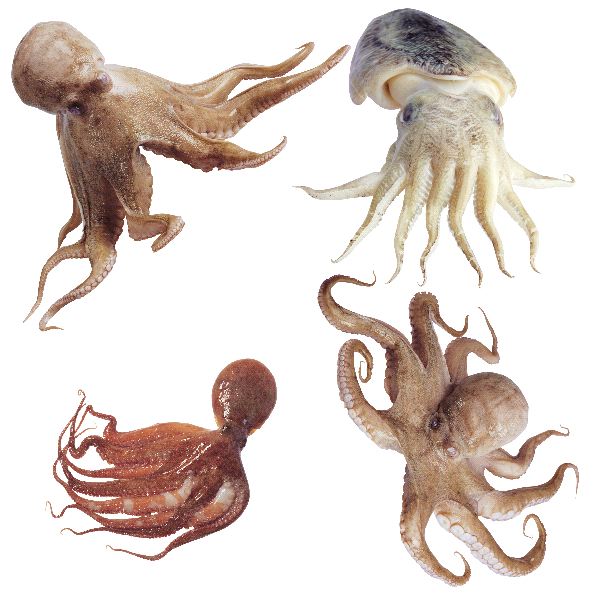Researchers Warning We Should Not Farm Octopuses – 2
I remember the first time I tasted octopus. After a stressful day reporting the troubles in Puerto Rico post-Hurricane Maria, Gizmodo video producer Raúl Marrero and I headed to a seaside dining establishment where I attempted ensalada de pulpo as an appetizer. It was love in the beginning bite.
What I didn’t understand, then, was that researchers have been checking out the intricacies of octopuses’ brains and finding out just how smart they are. Now, scientists are making me think twice– once again!– about eating octopus as they make the case against octopus farms in a brand-new essay released in the latest edition of Issues in Science and Technology. This time, they’re highlighting the potential environmental effect of octopus farms as nations like Spain and Japan start checking out the concept– and even preparing to open an octopus farm by next year.
Individuals do like their octopus, and the marketplace is attempting to find out how to meet growing need as overfishing strikes wild octopus populations. So why not farm them, right? After all, the animals grow quick and live just a few years.
The authors of the brand-new essay, nevertheless, disagree.
Finding seafood that doesn’t harm the planet
Is, well, complicated. For starters, we don’t always know where our food comes from. And while something might be “sustainably” raised– say by a business that practices aquaculture responsibly– it might still be traveling hundreds of miles on an airplane to reach your plate. Then there’s the truth that some sea animals eat other sea creatures, and if we’re raising these animals to consume ourselves, that might pack more pressure on the remainder of the community.
Octopus farms would deal with that last problem, in particular. The animals need three times their body weight in food, according to the essay released by scientists from New York University, the University of Sydney, and the University of Sussex. They argue that feeding octopus comes at the expense of human nutrition and “will act counter to the objective of improving worldwide food security,” by increase pressure on wild-caught fish and shellfish.
Ecological arguments aside, the essay authors want us to consider whether this is something individuals should be doing. There’s some proof to recommend octopuses experience a form of awareness, although whether any non-human animal can experience true consciousness is debatable. Regardless, we understand octopuses are smart. People can choose if that warrants a total restriction on consuming them, but the authors of this essay make an asset about whether they must be farmed
Octopuses may end up being ill or more aggressive when they’re consisted of. They even consume other octopuses if they’re kept together.
The authors recommend larger enclosures “with considerable enrichment” to help reduce some of this, but even that might not be ideal– not for the planet and not for octopus wellness, either.





